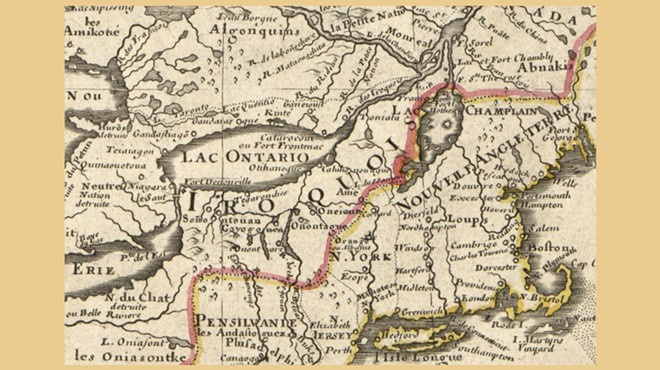Most of the submissions we receive are personal essays. Lacy memoirs written by doting grandmothers about their precious grandchildren—the written equivalent of a spin through the family photo album. Emotionally harrowing first-person accounts penned by fathers on how they became estranged from their children. Personal stories of triumph over (or acceptance of) illness typed by chastened survivors. And beautifully written lyric submissions by graduates of creative writing programs about nothing at all. (I’m guessing here—about the creative writing program part—but it takes one to know one, as they say.)
On the whole, regardless of the sincerity of the writer (think of Charlie Brown in the pumpkin patch), in 90 percent of the submissions we receive, the writing is not of a publishable quality. Sometimes, however, we’ll receive a piece that purports to be on one topic but is really about something else entirely. Such was the case with Richard Britell’s “Princess Diana in Paradise: The Hudson Antique Stores.” Richard submitted a 2,300-word meander down Warren Street that was evocative yet inconclusive, as he himself noted in the final line: “Actually, my trips to the Hudson antique shops have nothing to do with antiques.”
Richard’s memoir was really about his long-ago affection for a blond kindergarten classmate, and the hijinks that ensued from his bumbling, five-year-old ardor. I wrote Richard and suggested we jettison the (rather substantial) bit about antiquing and focus solely on his reminiscence of the blond girl, and thankfully he agreed with me, adding, “As so often happens the entire piece about Hudson was an excuse to write the part about first love.”
This exchange reminded me of a poem long buried in my memory, about a poet visiting a painter’s studio and watching him paint (while drinking, of course). The poet sees that there are sardines in his friend’s painting and asks him, “Why did you put sardines in your painting?” The painter responds, “It needed something there.” The poet goes home and writes a line ostensibly about the color orange, which turns into a dozen poems, though he finds he hasn’t really gotten around to describing orange yet. He calls the 12 poems “Oranges.” When he returns to his friend’s studio, he notices the lack of sardines in the finished painting, now titled “Sardines.”
I recalled all this, though I had not read or thought of this poem for at least 15 years, and could not bring to mind either the title or the poet’s name. (I lent the book the poem was anthologized in years ago to a person I’ve forgotten, and who promptly disappeared from my life, along with my cherished volume.) Feverishly Googling “Oranges/Sardines + poem” and the like—thinking the title was either “Oranges” or “Sardines”—I found the poem: “Why I am not a Painter” by Frank O’Hara. It is as satisfyingly perceptive— in its elliptical manner---—about the enigma of the creative process as I remembered. And in an incredible stroke of luck, I also found, via the French Amazon.fr site, the anthology I “borrowed” out of my father’s bookcase as a teenager that convinced me that poetry was more than the palliative “Trees” by Joyce Kilmer.
The New American Poetry 1945-1960 was originally published by Grove Press in 1960, and includes selections from some of the most well known names of 20th-century verse like Allen Ginsberg, Lawrence Ferlinghetti, and John Ashbery. (Book editor Nina Shengold’s profile of Ashbery, on the occasion of his 80th birthday, appears on page 56.) As a teen, I had possibly heard of Ginsberg, though certainly none of the others. And what had drawn me to the book was as much a desire to understand my father through his sole dusty volume of verse as it was to explore the realms of poetry.
Knowing nothing of poetry, or which poems I should read in the book, I skipped around in an arbitrary way, trying poems on for size, beginning a lifelong affair with some (Gregory Corso’s “Marriage”), not possessing the mental and emotional resources as of yet to understand others (most of the volume), and finding passages in otherwise inscrutable poems that I’ve never forgotten and have ripened over time into more delicate meanings, like the last three lines of James Schuyler’s “The Elizabethans Called it Dying”: “not to be in love with you / I can’t remember what it was like / it must’ve been lousy.”
Perhaps all that talk about submissions was “an excuse,” as Richard Britell puts it, to include three of my favorite lines of poetry. Maybe. If so, excuse me. But how do you get to the excuse if you don’t start at the beginning?














